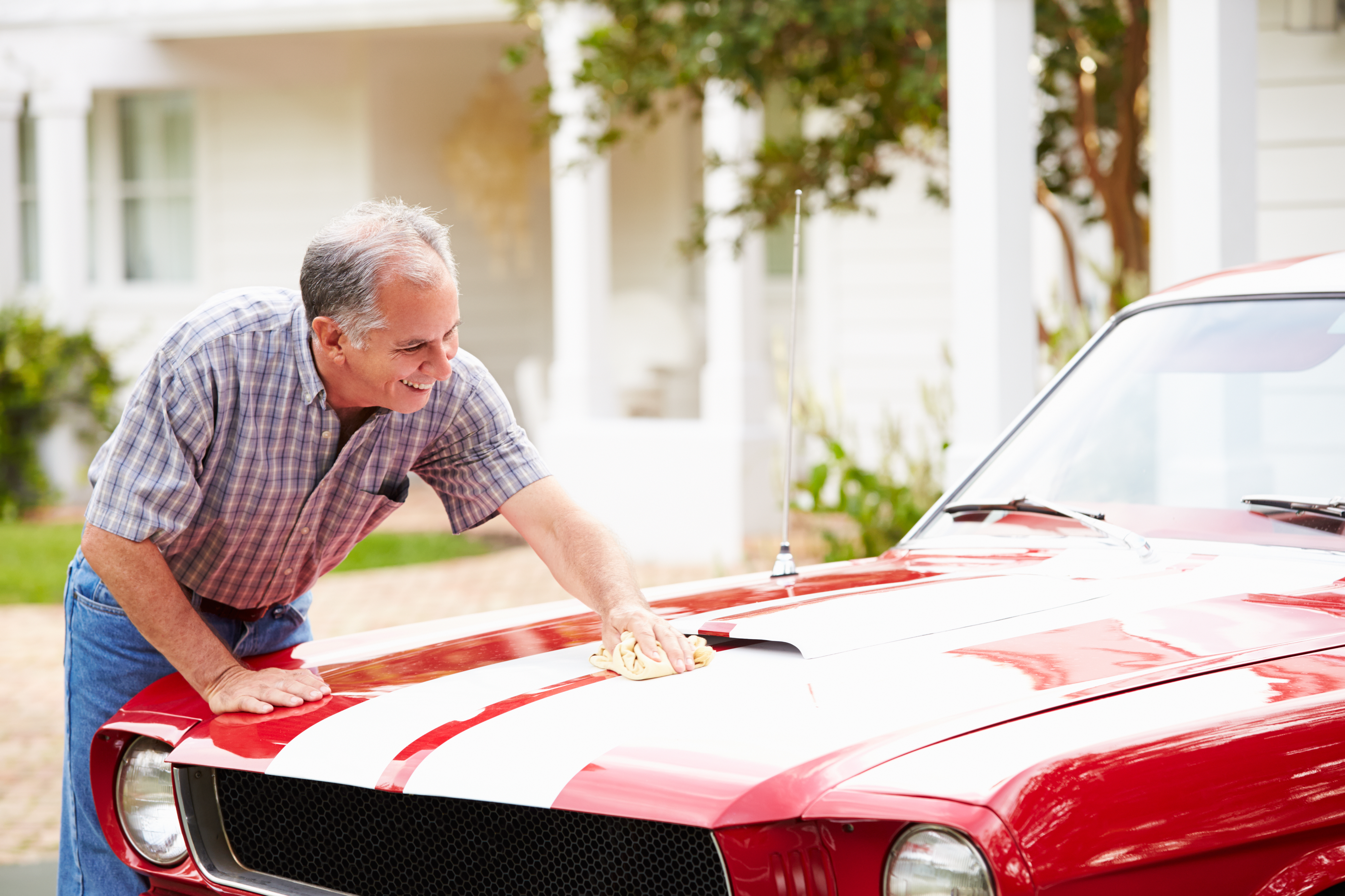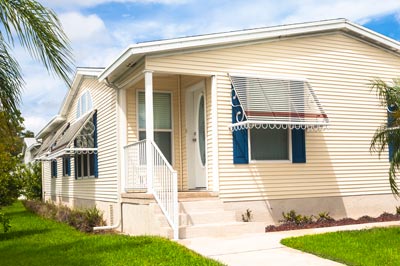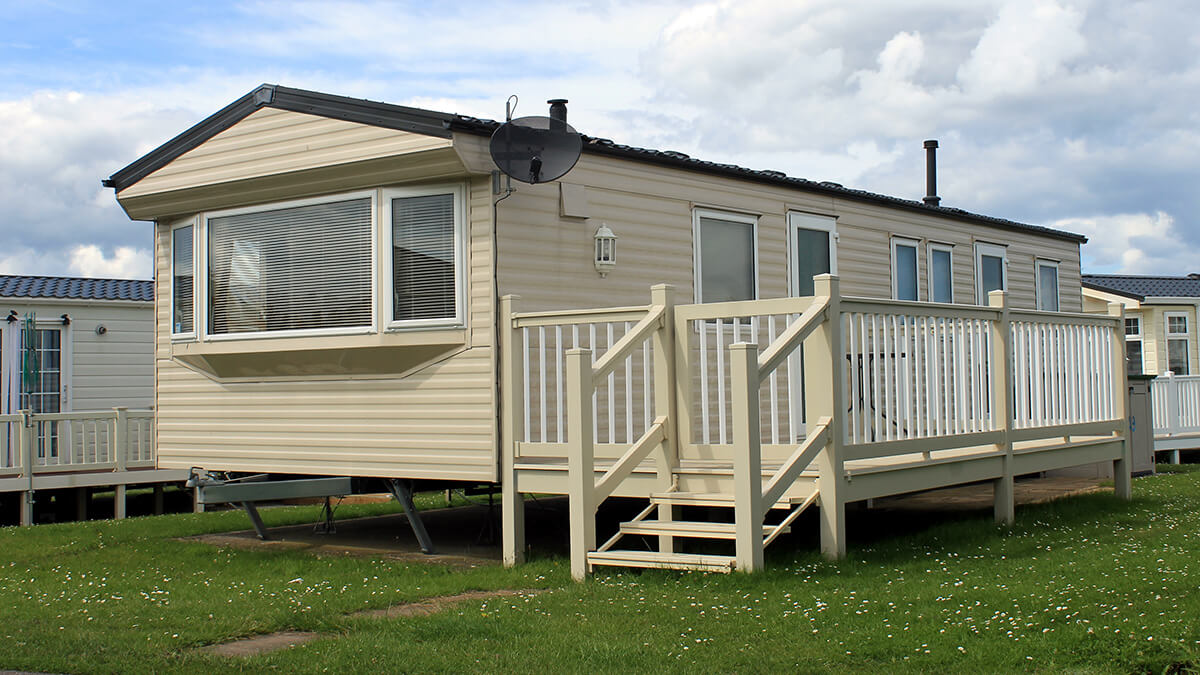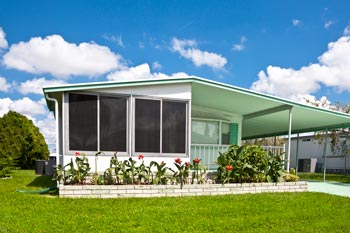Classic Car Value Guide: What's Yours Worth?

If you're looking to sell or insure your classic car (or even if you're looking to buy one), knowing how much it's worth can help you make an informed decision.
Tips on How to Determine the Value of a Classic Car
Determining the value of a classic car requires understanding supply and demand, using historical sale prices and considering current asking prices of available inventory.
Other factors that impact the value of a classic car include:
- Rarity
- Condition
- Restoration quality
- Market demand
Finding the value of a classic car can be tricky, however, because of the multitude of channels they're sold through (private sales, auctions and dealerships).
That's why it's not advisable to use a single valuation or appraisal resource to help you determine how much a classic car is worth.
That said, with a quick online search, you can find various classic car valuation resources that can help you get a good sense of the value of your classic car.
Here's how rarity, condition, restoration quality and market demand can impact the value of your classic car:
Rarity
Classic car collectors typically value rare cars more than cars that are easily obtainable.
Cars with limited production numbers are harder to find, meaning they're more in demand and can command higher prices.
Because of their exclusivity, many collectors are willing to pay a significant premium for them.
If you own a rare classic car, there's a good chance it's worth a lot (if it's in good condition, which we’ll get into next).
And if you're looking to buy a rare classic car, be prepared to fork over a significant chunk of change.
Condition
A classic car that's in poor condition and only used for parts typically won't be valued as highly as a roadworthy vehicle in pristine condition.
Which one of the following categories does your classic car fit into?
- Parts cars: non-drivable with no functional value; only used for its parts, which are sourced to restore other cars
- Restorable: in poor condition; has functional value because it can be properly restored
- Good: in decent condition; some restoration work will increase its market value
- Very good: in good working condition; fully restored
- Fine: in good condition, fully restored, and has retained many of it's functional OEM (original equipment manufacturer) parts
- Excellent: in its original condition, or perfectly restored
The condition of a classic car plays a large role in determining its value.
Restoration Quality
Classic cars that have been restored well - using authentic materials and following original specifications - tend to be valued higher. Attention to detail goes a long way here. You can turn a classic car into a masterpiece by maintaining the integrity of how it was originally made.
But if the quality of the restoration is lacking - meaning there are many imperfections that veer too far away from the car's original design and historical charm - the value can decrease considerably.
Market Demand
Naturally, classic cars that are in high demand are usually valued higher. Many collectors will compete (with their wallets, of course) to own these cars because of their emotional resonance and appeal.
And low demand is typically accompanied by low value.
That's why it's important to stay abreast of trends in the classic car community. Understanding what people care about right now can help you make the most informed decision.
Looking for tips on maintaining your classic car? If so, check this out.
Or if you want to learn more about getting your classic car ready for a show, article might help.


